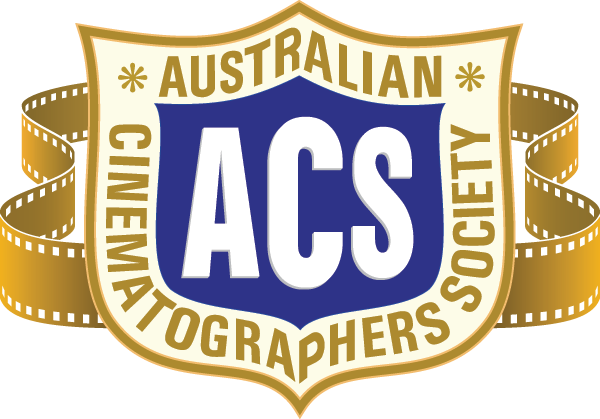Australian Screen Industry Calls on Government to act on local content regulation

The Australian screen industry has called on the Federal Government to move quickly to implement key recommendations of the Convergence Review relating to Australian content regulation. Visiting Canberra were senior industry representatives from the Screen Producers Association of Australia (SPAA) , the Australian Directors Guild (ADG), the Australian Writers’ Guild (AWG) and the Media, Entertainment & Arts Alliance (MEAA) expressed serious concerns about the future of local content regulation on digital multi-channels and subscription TV.
They were joined by high profile industry members including actors Roy Billing, Simon Burke and Matt Day, producers Penny Chapman and Brian Rosen, writers Tim Pye, Roger Simpson and John Collee and directors Gillian Armstrong, Rowan Woods and Ray Argall.
“The Convergence Review Panel delivered its final report in March this year and made the logical and necessary recommendation that the current Australian Content Standard be extended to the new digital multi-channel environment and the Pay TV platform. We were told that the Government supported this move but, six months later, the lack of progress has us worried,” said SPAA President Brian Rosen.
ADG President Ray Argall said: “Our concern is amplified by the knowledge that commercial FTA broadcasters have made strong representations to the Government seeking not to have any additional Australian content obligations imposed on them on economic grounds. The independent production industry totally rejects these claims.
“Nine Network CEO David Gyngell was quoted in the media recently saying that ‘there’s more people watching free-to-air and pay-TV hours this year than ever there has been before. …. The industry as a whole is probably making more money than it’s ever made before.’ The Networks can’t have it both ways. They need to acknowledge their obligations to the Australian community and accept that local content regulation on digital multi-channels and Pay-TV is vital if audiences are to see acceptable levels of Australian programming on these platforms.”
The key recommendations of the Convergence Review relating to local content are:
• Free-To-Air commercial broadcasters be required to screen minimum levels of first release Australian adult drama, children’s drama and documentary on their digital multi-channels equal to 50% of the current minimum obligation on their main channels; and,
• That children’s and documentary Pay TV channels be required to spend an amount equivalent to 10% of their acquisition budgets on first release Australian programs in these genres.
AWG Vice President Roger Simpson said: “Local content regulation for Free-to-Air commercial broadcasters has long been an accepted and necessary part of the broadcasting regulation landscape. Without local content regulation there would be little or no Australian drama, children’s drama or documentary on Australian television. The simple reality is that these programs cost significantly more to make than it costs for networks to buy-in programs from the US or elsewhere.
“Australian audiences love Australian drama and documentary but audience demand isn’t enough when facing off against cheap imports. Our argument is simple – if the community and the Government have recognised for years that we need local content regulation on Free-to-Air television then it is logical that the same argument applies for the new digital and Pay-TV platforms.”
MEAA President Simon Burke said: “Our message is clear. We can’t open our doors to a flood of foreign screen content at the expense of Australian content. If the local content regulation regime is not extended to these new platforms, the implications for all Australians are clear. Less Australian content on our screens means less distinctively Australian stories for future generations. We will lose our identity in the free for all of the new digital world.”

